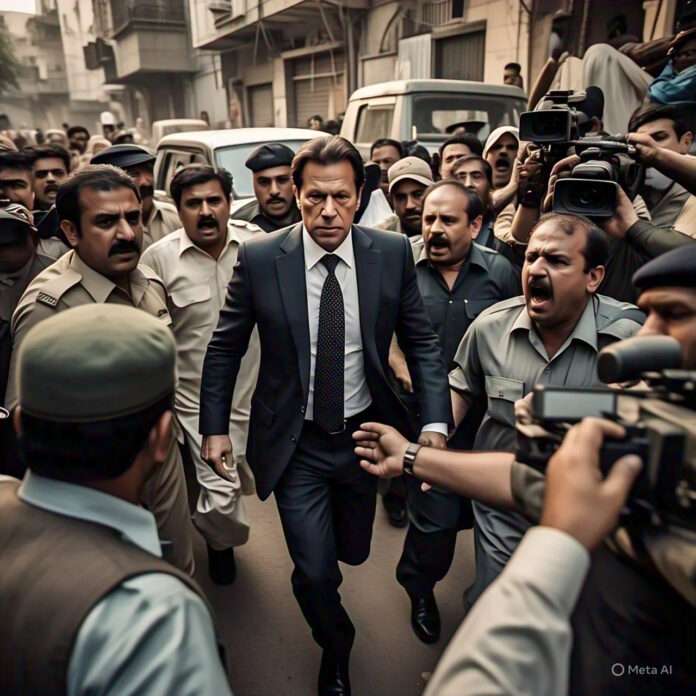Pakistan’s political landscape has once again been shaken as former Prime Minister Imran Khan faces arrest, deepening the country’s ongoing crisis. The leader of Pakistan Tehreek-e-Insaf (PTI), who has been embroiled in multiple legal battles since his ousting, was taken into custody in connection with protest-related charges.
The Arrest and Its Implications
Khan, who had recently secured bail in a corruption case, was swiftly arrested again on charges of inciting protests while in jail. Authorities claim that he violated public gathering bans and engaged in activities that endangered public safety. His party, however, insists that the charges are politically motivated and aimed at silencing opposition voices.
Legal Battles and Public Outcry
Since his removal from office in April 2022, Khan has faced over 100 legal cases, ranging from corruption allegations to accusations of leaking state secrets. His supporters have taken to the streets, demanding his release, with social media flooded with calls for justice.
Geopolitical Tensions and National Stability
The timing of Khan’s arrest coincides with rising tensions between India and Pakistan, adding another layer of complexity to the situation. His party has filed a petition for his release, citing concerns over his health and the potential risks posed by the ongoing conflict.
What’s Next for Imran Khan?
With Pakistan’s judiciary under scrutiny and political divisions deepening, Khan’s fate remains uncertain. His legal team is expected to challenge the arrest, but whether he will regain his freedom or remain behind bars is yet to be seen.
As Pakistan navigates this turbulent period, the arrest of its former leader raises critical questions about democracy, governance, and the future of its political landscape.



